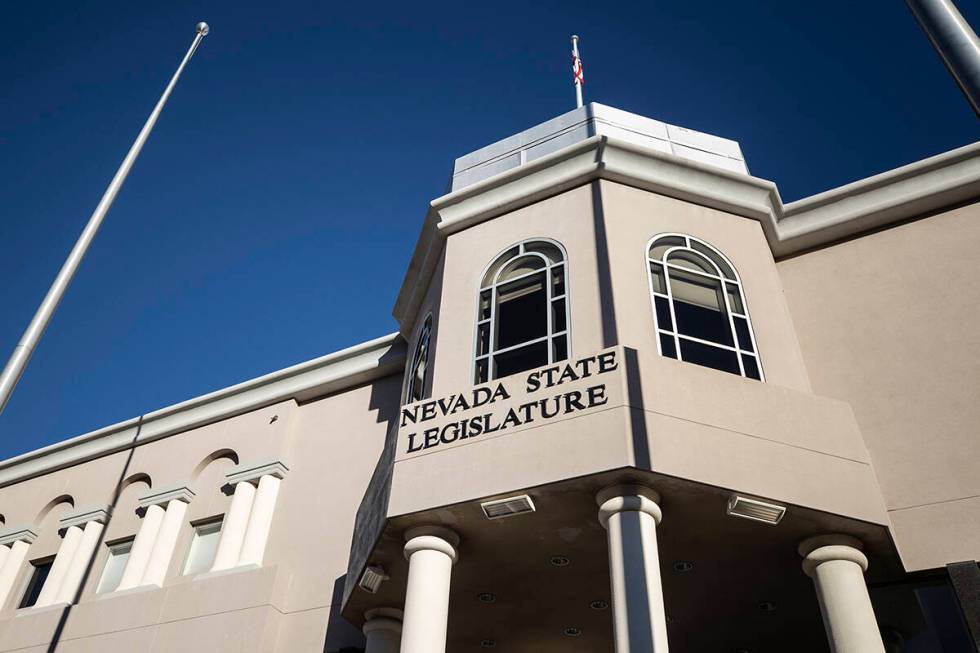How did Carson City become Nevada’s state capital?

Newcomers to Nevada might be surprised to learn the state’s capital isn’t in the most populous area of Las Vegas, or even the “biggest little city” of Reno, but is instead 30 miles south of Reno and a nearly seven-hour drive from the state’s population center.
How did Carson City become the capital, where the Legislature makes its laws and the governor resides?
Since before Nevada statehood, Carson City was considered an important hub.
Washoe tribes lived there for nearly 4,000 years before white settlers came to Northern Nevada in 1851. They were looking for gold but were unsuccessful, and they opened up a trading post called Eagle Station for people moving westward, according to the Carson City Chamber of Commerce.
In 1858, a New Yorker named Abraham Curry bought most of the area that became known as Eagle Valley. He promoted it as the site of the future state capital. Major William M. Ormsby, an early settler, also promoted it as a town and named it after Kit Carson, a fur trapper and wilderness guide.
Carson was an Indian agent who contributed to the expansion of the U.S., and he received criticism from historians for his role in the displacement and decimation of Native Americans, according to Britannica. He never visited Carson City, according to the chamber.
Silver was discovered near Carson City in 1859, leading to a rush to the area, and by 1860 the population grew to 500 people, according to the chamber.
Curry argued for Carson City to be named the territorial capital, saying it was close to the main lines of travel in the region.
In 1861, Carson City was named the permanent capital of Nevada Territory, and James Nye was appointed as the territorial governor, according to UNLV professor Michael Green.
Carson City became a station on the Pony Express, an American express mail service that used horse-mounted riders, and it served as the eastern end of a telegraph line from San Francisco in 1862. It also became a freighting and supply point for mining and ranching communities, according to the chamber of commerce.
Outlaws, cattle rustlers and claim jumpers were a problem in the area, and the legislature of the Nevada territory passed laws to establish order. Curry offered the Legislature the use of the Warm Springs Hotel near the Carson River, according to the Carson City Chamber of Commerce.
“Curry understandably liked the idea of having an active legislative audience staying in his hotel, and he gave them meeting space,” Green said.
Curry worked with William Morris Stewart, an attorney who was involved in mining in Nevada, to help establish the city as the capital. Stewart promised county seats and created small counties around Carson City to create jobs; in return, Curry got legislators to stay at his hotel, Green said.
In the hotel, the Nevada senate and assembly were separated by a canvas curtain, according to the Carson City Chamber of Commerce.
When Nevada became a state in 1864 because Abraham Lincoln was concerned about his re-election and wanted another state’s electoral votes, Carson City was chosen to serve as the state capital, and it was voted on at the constitutional convention, according to the chamber.
There have been a few calls over the years for the capital to be where most of the people live, said Green, but those calls died down with the development of technology that allows legislators and Nevadans in general to tune in remotely.
Contact Jessica Hill at jehill@reviewjournal.com. Follow @jess_hillyeah on X.